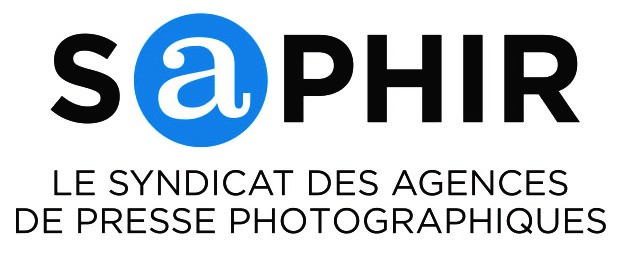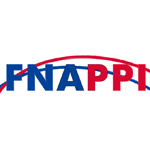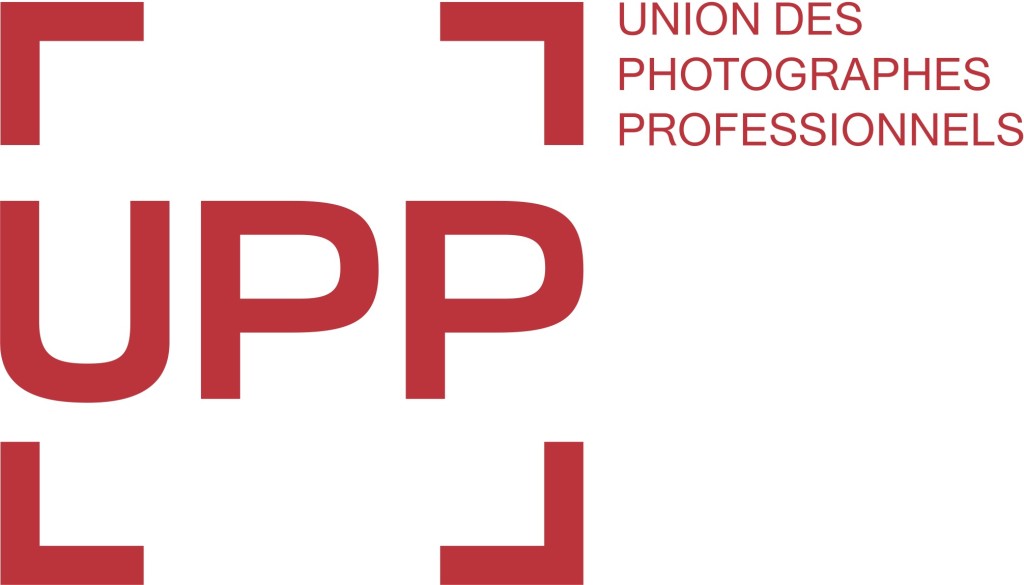You are cordially invited to participate in a workshop about the work currently on-going to establish an interoperable and functional rights data network for creative works, and to discuss how amateur/professional authors, and end-users can benefit from and provide feedback on this development.
-
The workshop is planned for a maximum of 15 participants to ensure an efficient discussion and communication.
-
The workshop is hosted by the European Writers’ Council, at Rue d’Arlon 75-77, B1040 Brussels , Meeting Room Ensor-Magritte, 2nd floor (the Sabam building).
-
Date: 7 October 2015
-
Time: 14:00 – 16:30
-
Registration: please send an email to confirm your participation to Myriam Diocaretz at m.diocaretz@inter.nl.net
-
The invitation is for 1 representative/organisation but should you like to bring along a colleague with particular interest and/or expertise in this area, please let us know so we can ensure that we have sufficient space.
Agenda
Part 1: General introduction to the LCC[1], the Rights Data Integration project[2] and the Copyright Hub[3].
The Linked Content Coalition (LCC) and its demonstration project RDI aim to facilitate and expand the legitimate use of content in the digital network through the effective use of interoperable identifiers and metadata across different media silos. The Copyright Hub is using the work of LCC and RDI to create an operational platform with the same objectives.
LCC facilitates the implementation of any legal or contractual expression of rights; the workshop is explicitly not concerned with the nature of those agreements.
The work undertaken by the LCC, demonstrated in RDI and implemented in the Copyright Hub will improve the transparency and efficiency of rights management by:
-
Making it easier for users to identify rights holders
-
Making it easier for users to interrogate rights holders on the terms of any possible permission
-
Making it easier for permissions to be negotiated automatically
Please see attached relevant background documents “Quick Facts” and “RDI standard presentation”
The format of this first session will be as follows
-
Short presentation of the LCC, RDI (including a demonstration of a user interface)
Andrew Farrow, RDI Project Coordinator
-
Short presentation of the Copyright Hub
Caroline Boyd, Copyright Hub
-
Q & A, discussion and feedback on presentations
Part 2: What are the needs of amateur/professional authors and end-users?
In this section each participant will be given up to 3 minutes to articulate the key issues from their perspective relating to the expression of information about rights in creative content.This may cover some of the following questions, or may be completely different.
Presentation by Andrew Farrow, RDI Project Coordinator
-
From the perspective of information about rights, what problems currently exist for amateur or professional authors and end-users?
-
What systems/databases/sources are used to provide information about copyright protected content and/or works? What are the issues with them?
-
How easy is it for amateur or professional creators to identify their published work as a source for possible re-use?
-
Is it important for end-users easily to be able to identify the impact of copyright exceptions or constraints on use?
-
Is it easy for an amateur/professional creator to express permission for the use of my work in a machine readable format? How do they do it?
-
Are their data protection/privacy issues if creators, end-users and creations have to be identified to participate?
There will follow a discussion understanding, exploring and collating the input.
Part 3: Digital Rightsholder Statement
Today we have 2.4 billion Web content users and re-users, 20 years ago we had almost none. Users have become creators and re-users – a billion “self- publishers” on fileshare sites, blogs, and social media. Self-publishing is not just “amateur” or social. The quality and popularity of a growing amount of self-published content gives it a very large potential commercial value. Web self-publishers are protected by copyright, but commonly don’t benefit from it. This section will explore a new concept called the “Digital Rightsholder Statement” designed to address this gap.
[1] http://www.linkedcontentcoalition.org/
[2] http://www.rdi-project.org/
[3] http://www.copyrighthub.co.uk








